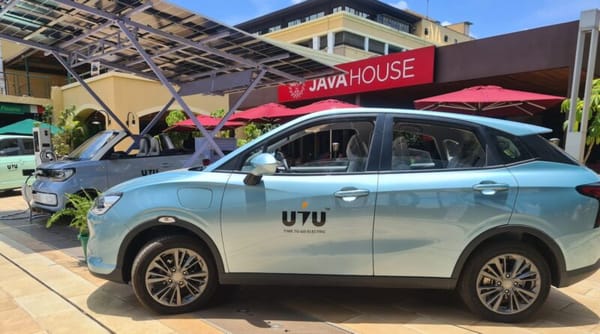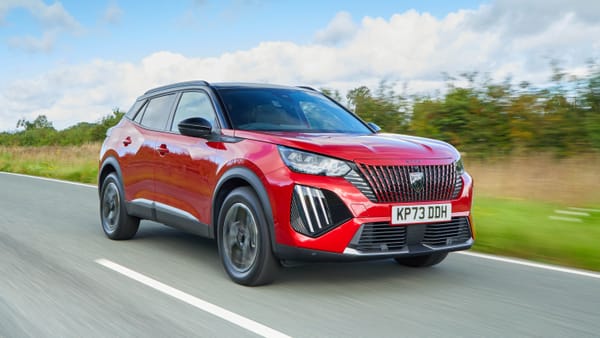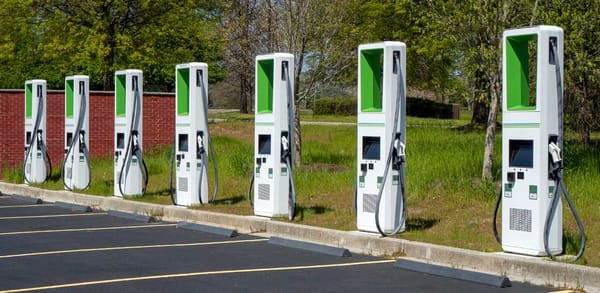Opportunities for growth in African mobility
Africa is the epitome of resources such as solar energy which make a good place for PV charging stations and electric vehicles. It’s also leading the way in innovative uses for second-life batteries.
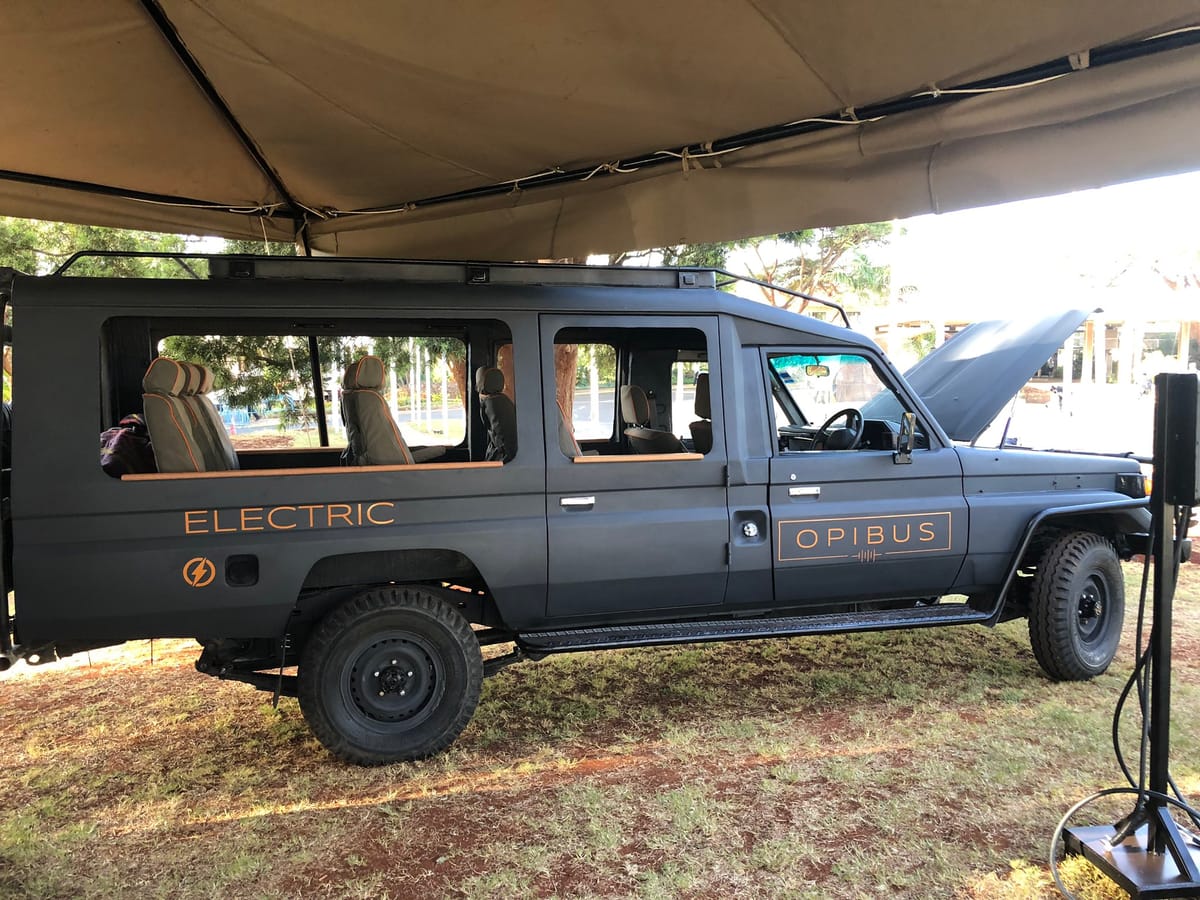
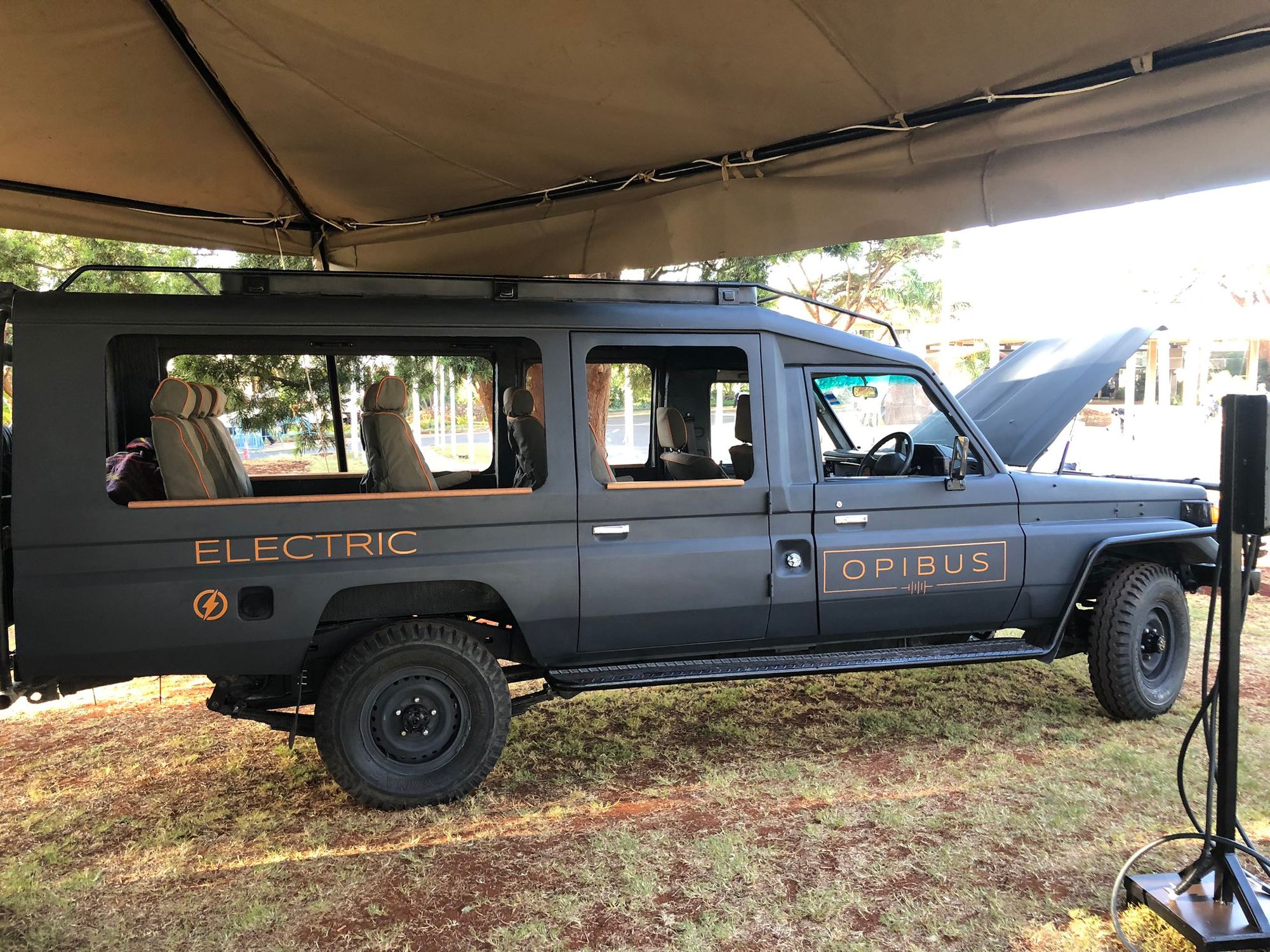
Africa is the epitome of resources such as solar energy which make a good place for PV charging stations and electric vehicles. It’s also leading the way in innovative uses for second-life batteries. Rapid urbanization has resulted in an increased demand for vehicles with people opting to own a car rather than use public transport. Consumer acceptance is high because of the continent’s young generation, willing to embrace technology and digitization. Mobility and fleet management demand is following these developments.
Electric vehicles are perfectly suited for rural and peri-urban areas of Sub-Saharan Africa. Cold temperatures are rare, speeds above 60 kilometers per hour are uncommon, and ranges of up to 80 kilometers per day are the norm. The supply of solar energy is effectively endless, hence simple and robust solutions attractive from both a technological and an economic perspective. Establishing a CO2 emission-free charging infrastructure and local e-vehicle production also creates jobs and encourages economic and social development. Moreover, for countries and users, electromobility contributes to energy self-sufficiency, the supply of energy without dependence on distant sources or suppliers.
Africa should consider two- and three-wheeled vehicles and light transport vehicles to be the most interesting option. Motorcycles and lightweight vehicles with conventional motors are already ubiquitous in rural areas. Given their generally short life spans, opportunities exist for using e-vehicles to renew fleets. Cargo capacity demands tend to be relatively low and can be met easily and affordably.
In Nigeria and Ghana, the urban population is large, and demand for new mobility products is growing. Egypt, Morocco, and South Africa have mature leasing and fleet markets, which are expanding. The National Climate Change Action Plan in emerging countries like Kenya has prioritized electric mobility. The leasing and fleet management markets are still in their infancy with only ALD Automotive and Arval active in northern and South African regions. But this lack of global players provides an opportunity for local companies to offer leasing products.
In Ethiopia, with a lower number of cars per 1000 inhabitants, car rental is on the rise. South Africa has the most mature fleet and telematics market. Global players such as Cartrack, MiX Telematics, Netstar, and Ctrack offer services like theft prevention, vehicle tracking, and fuel monitoring.

